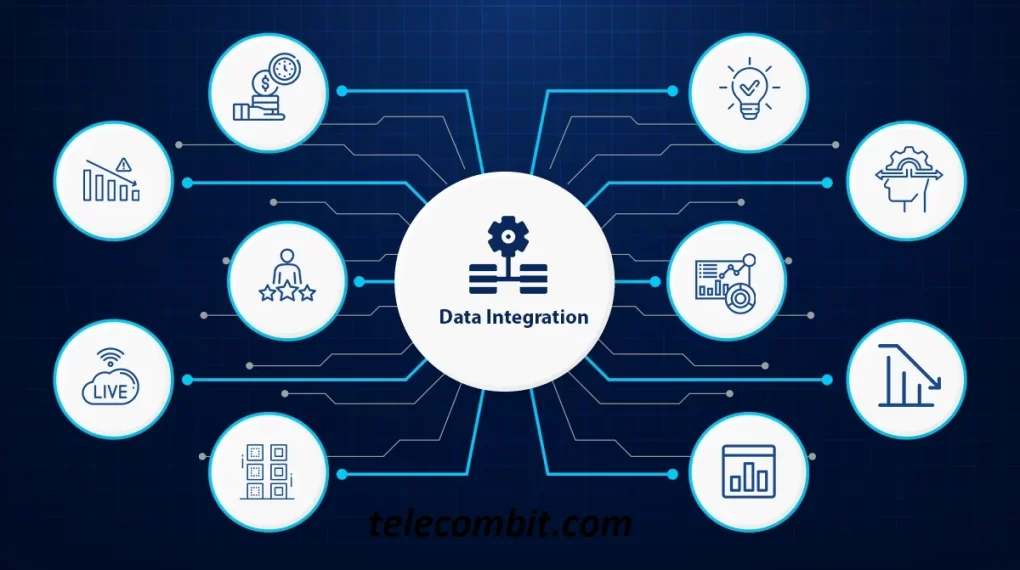The Benefits of Using Bookkeeping Software for Accountants
In today’s digital age, technology has revolutionized various industries, and accounting is no exception. Accountants now have access to powerful bookkeeping software that simplifies and streamlines their work processes. In this article, we will explore the numerous benefits of using bookkeeping software for accountants, highlighting how it enhances efficiency, accuracy, and overall productivity.

Enhanced Efficiency and Time Savings
Bookkeeping software offers accountants a range of tools and features designed to improve efficiency and save time. With automated data entry, accountants can import financial data directly from bank statements, invoices, and receipts, eliminating the need for manual input. This automation reduces the likelihood of human errors, allowing accountants to allocate their time and efforts towards more complex financial analysis and strategic decision-making.
Moreover, bookkeeping software often includes features such as bank feeds, which enable automatic synchronization of bank transactions with the software. This eliminates the need for accountants to manually reconcile each transaction, saving significant time and effort. By leveraging these time-saving features, accountants can optimize their workflow and handle larger volumes of financial data more efficiently.

Improved Accuracy and Error Reduction
Accuracy is paramount in accounting, and bookkeeping software plays a significant role in ensuring precise financial records. The software performs calculations automatically, minimizing the risk of mathematical errors. This is especially crucial when dealing with complex financial calculations, such as depreciation or amortization schedules.
Moreover, bookkeeping software provides built-in checks and balances to detect discrepancies. It can flag duplicate entries, missing information, or inconsistent data, helping accountants identify and rectify errors promptly. By utilizing the power of bookkeeping software, accountants can maintain reliable and error-free financial records, ensuring compliance with regulations and presenting an accurate financial picture to stakeholders.

Streamlined Financial Reporting
Generating financial reports can be a time-consuming task for accountants. However, bookkeeping software simplifies this process by offering pre-designed templates and customizable reporting options. Accountants can easily generate balance sheets, profit and loss statements, cash flow statements, and other financial reports with just a few clicks.
Furthermore, bookkeeping software often provides the ability to schedule automated report generation. Accountants can set up recurring reports to be generated at specific intervals, such as monthly or quarterly. This automation saves time and ensures that reports are consistently produced and delivered in a timely manner.
Additionally, bookkeeping software allows for customization of reports based on specific client or management requirements. Accountants can include key performance indicators (KPIs), charts, and graphs to present financial data in a visually appealing and easily understandable format. This streamlined reporting not only saves time but also allows accountants to provide timely and accurate financial information to clients, management, and stakeholders, enabling informed decision-making.

Increased Data Security
Data security is a critical concern for accountants, given the sensitivity of financial information. Bookkeeping software offers robust security measures to protect data from unauthorized access and potential breaches. Advanced encryption techniques, user access controls, and regular data backups ensure the integrity and confidentiality of financial data.
Cloud-based bookkeeping software, in particular, provides an added layer of security by storing data on secure servers and implementing stringent access controls. This reduces the risk of data loss due to hardware failures or disasters and provides peace of mind to accountants and their clients.
Furthermore, bookkeeping software often includes features that allow for audit trails and user activity logs. These features track any changes made to financial data, providing accountability and facilitating error identification or fraud detection. By utilizing bookkeeping software, accountants can safeguard sensitive information, build trust with clients, and comply with data protection regulations.

Scalability and Flexibility
Bookkeeping software caters to businesses of all sizes, from small startups to large enterprises. The software provides scalability, allowing accountants to accommodate the growing needs of their clients or organizations. As businesses expand, the volume of financial data also increases. With bookkeeping software, accountants can seamlessly handle larger datasets and efficiently manage multiple clients simultaneously.
Additionally, bookkeeping software offers flexibility in terms of access and collaboration. Cloud-based bookkeeping software enables accountants to work remotely, access data from anywhere, and collaborate with clients or team members in real-time. This flexibility enhances productivity and enables seamless communication between accountants and their clients. It also eliminates the need for physical transfer of files and ensures that everyone is working with the most up-to-date information.

Integration with Other Systems
Bookkeeping software often integrates with other essential tools and systems, such as payroll software, tax preparation software, and customer relationship management (CRM) systems. This integration ensures smooth data flow between various processes, eliminating the need for manual data entry and reducing the risk of errors.
For example, when bookkeeping software integrates with payroll software, it allows for automatic syncing of payroll data, such as employee wages and tax deductions. This eliminates the need for duplicate data entry and minimizes the chances of payroll errors.
Similarly, integrating bookkeeping software with tax preparation software streamlines the tax filing process. Accountants can easily import financial data directly into tax forms, saving time and reducing the risk of inaccuracies during tax season.
Integration with CRM systems enables accountants to link financial data to customer records, providing a holistic view of a client’s financial transactions and interactions. This integration enhances client relationship management and enables accountants to deliver personalized financial advice and tailored services.
By leveraging these integrations, accountants can centralize data, streamline workflows, and improve overall operational efficiency.

Conclusion
Bookkeeping software has revolutionized the accounting industry by providing accountants with powerful tools to enhance efficiency, accuracy, and productivity. With features like automated data entry, streamlined reporting, increased data security, scalability, and integration with other systems, bookkeeping software enables accountants to focus on higher-value tasks and provide valuable financial insights to clients and stakeholders.
Embracing bookkeeping software is a crucial step for accountants looking to thrive in the digital era and deliver exceptional accounting services. By utilizing the benefits offered by bookkeeping software, accountants can improve their work processes, make informed decisions, and ultimately drive the success of their clients’ businesses.





